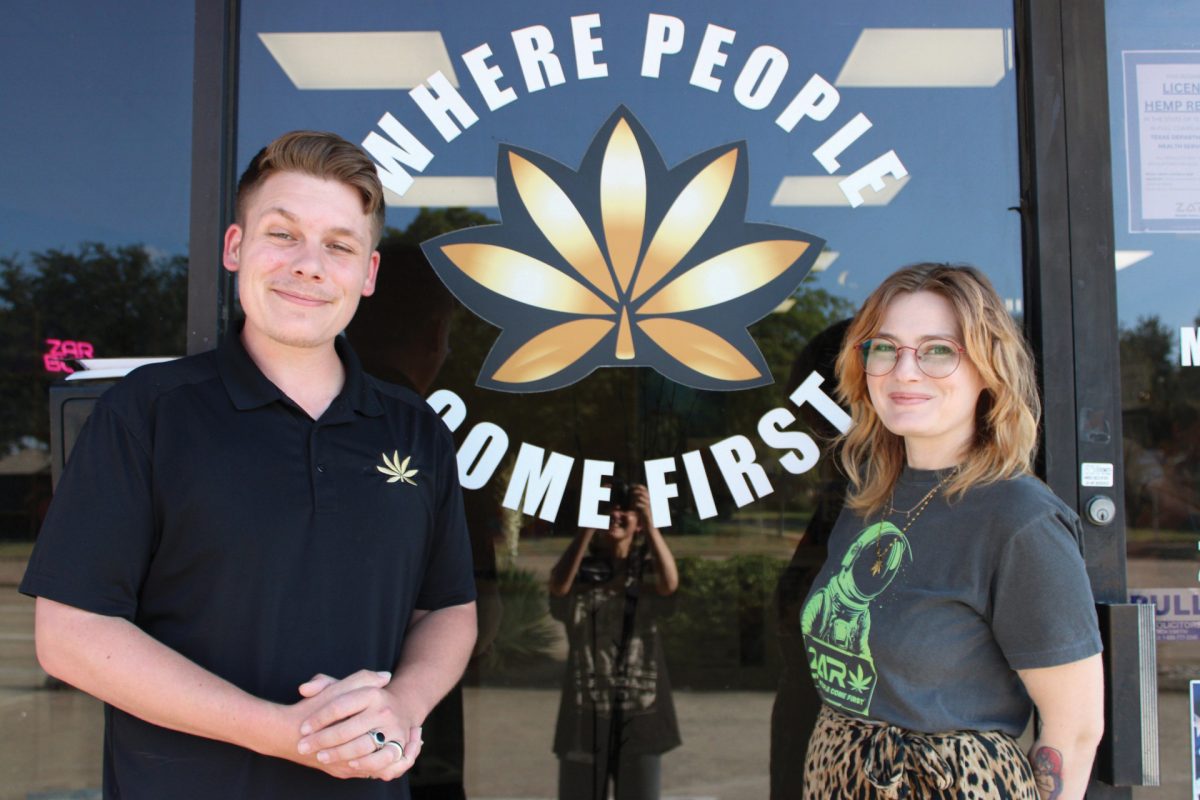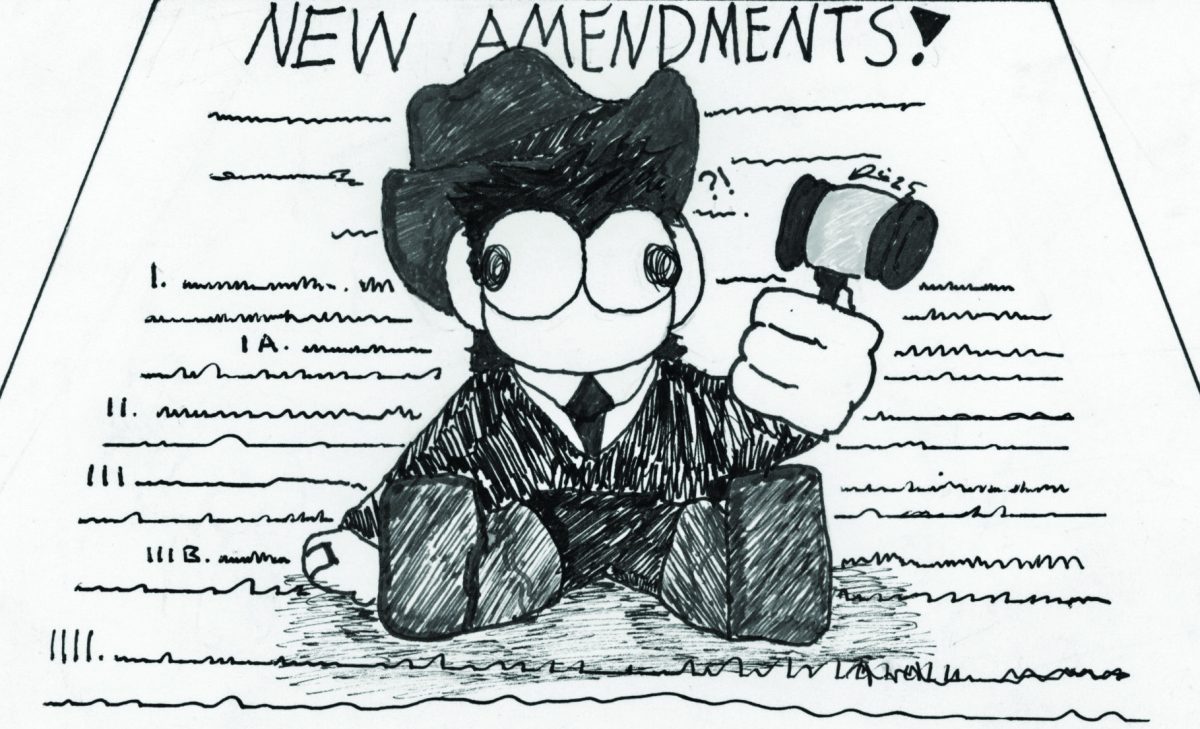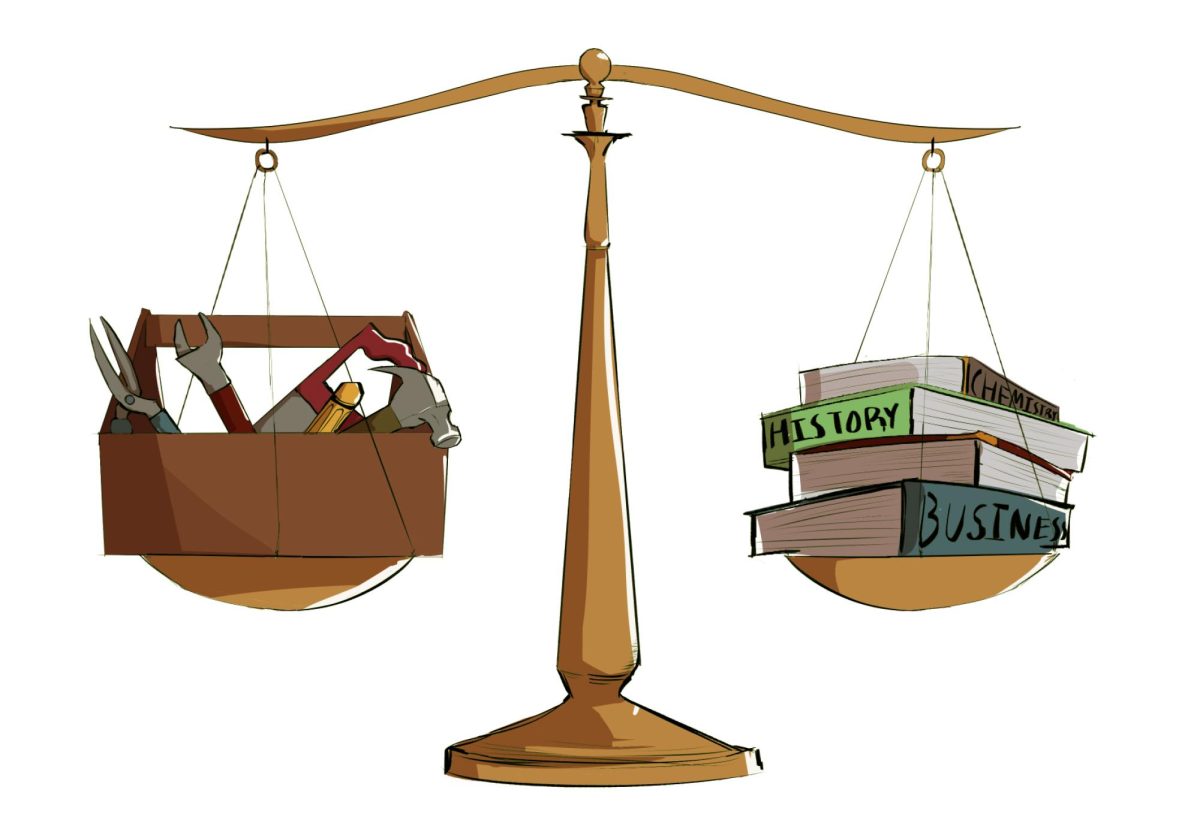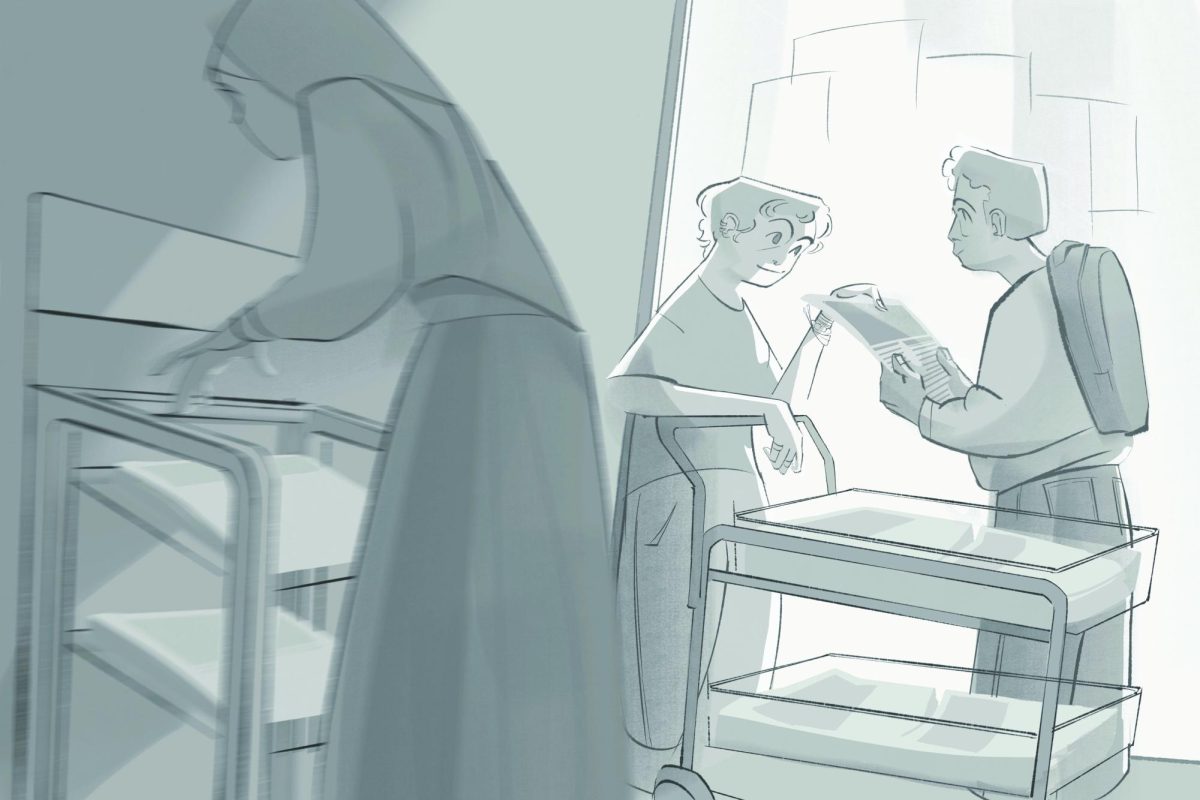With the long and complicated history of marijuana and the controversies surrounding its legality, there have been many debates over its safety and whether it should even be legal in the first place. Currently, THC is still legal in Texas and with Governor Greg Abbott’s new executive order. The change is that hemp-derived products are now no longer available to anyone under 21 years old.
On Sept. 10, Abbott issued an executive order stating that the Department of State Health Services and the Texas Alcoholic Beverage Commission will begin implementing new rules and regulations that outlaw the sale of hemp-derived products to minors. Hemp, which is cannabis that contains less than 0.3% delta-9 THC by dry weight, previously had no regulations limiting its sale to minors. Studies have shown that frequent marijuana use in adolescents can lead to disadvantages in neurological performance and a decrease brain development. These risks are prevalent with lower doses of delta-9 THC, like those found in hemp products, but increase with higher doses and prolonged exposure.
What makes hemp products even more dangerous for minors is the chemical tetrahydrocannabinol acid, THC-A, which is the precursor to delta-9. THC-A is non-psychoactive in its base form. When heated, the acid is burned off turning it into delta-9. This means that before Abbott’s Executive Order, it was possible for minors to buy cannabis that was under the legal limit of delta-9 THC while containing high amounts of THC-A.
On June 22, Abbott vetoed Texas Senate Bill 3 of the 89th Legislature. The bill would have been a near total ban for the sale of THC products in Texas. The bill would have established a strict regulatory framework for the consumable hemp products that remained legal, would require registration, testing, and new labeling rules. Abbott vetoed the bill arguing it would ban federally compliant products, fail to protect minors effectively, and make THC illegal for adults. “To ensure the highest level of safety for minors, as well as for adults, who obtain a product more dangerous than what they expected, Texas must strongly regulate hemp, and it must do so immediately,” said Abbott in his official veto statement. Abbott aims to create stricter regulations against hemp to protect minors, while still allowing adults the freedom to use hemp products compliant with current federal law.

While some industries in Texas have just now begun to implement the restrictions, others have had them in place since their inception. “We have always carded everyone who makes a purchase and have always self-regulated to ensure we only sell to those 21+. We check for valid IDs inform in store, online and local delivery orders and have since day one of being in business,” said Skye Weatheread, current Director of Marketing and Compliance at ZAR Wellness. ZAR Wellness is a Texas based hemp-derived “Cannatherapy” company owned and operated by veterans. “We welcome 21+ regulations with open arms.”
Along with the immediate implementation of age verification and prohibition of sale to minors, the Executive Order also declared that within ten days of its ratification the DSHS would need to “begin reviewing existing agency rules for possible revision and update.”
One of these possible updates includes the revision of current testing requirements to test for the total THC content that includes both delta-9 THC and THC-A. With the rising popularity of THC-A in Texas, these revisions have the potential to cause some hiccups in the cannabis community – not just for consumers, but retailers as well. Senate Bill 2024 passed on Sept. 1, which banned the sale of vapes containing cannabinoids such as delta-8 THC and CBD. Succeeding this ban, retailers were forced to pull these items from shelves in compliance with the new law. “For ZAR and many other CBD/hemp retailers, this would have an impact on our business as THC-A flower is a popular category for us and many others,” Weatheread said.
With the future legality of THC in Texas still up for debate, many are left only able to wonder how its fate will be decided. “It seems like everyone is waiting to see what happens legislatively,” said Jacob Vaughn, a government reporter working for Community Impact. As Texans wait for legislation to be passed, all eyes now turn to the DSHS and the TABC as they begin their rulemaking process. This could include possible public comments, hearings and future push by anti-cannabis lawmakers to restrict hemp industry further. “One thing people are looking for is clarity in the law, and that’s why regulation is a good thing,” Vaughn said. For now, the Executive Order offers only a temporary framework, leaving the long-term future of hemp and THC products in Texas uncertain.








